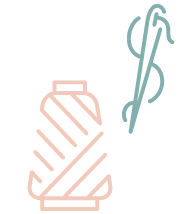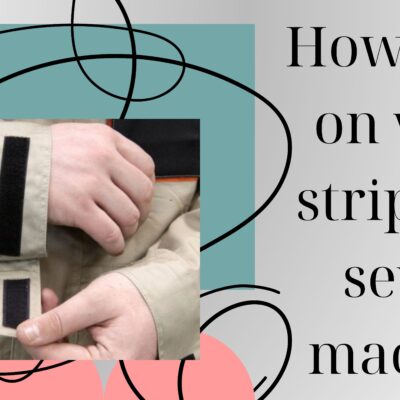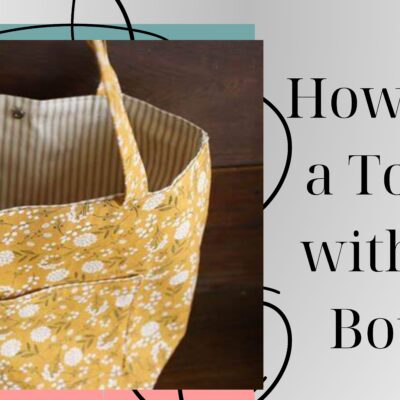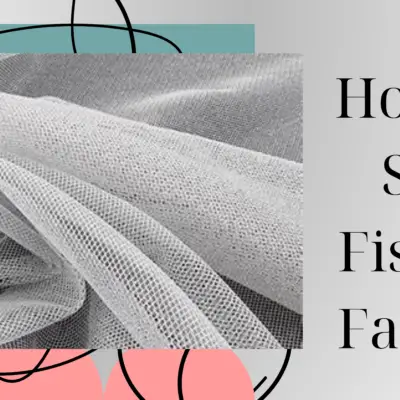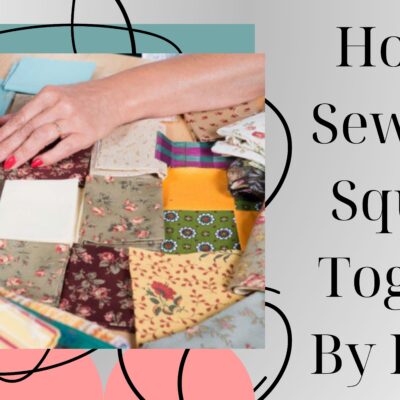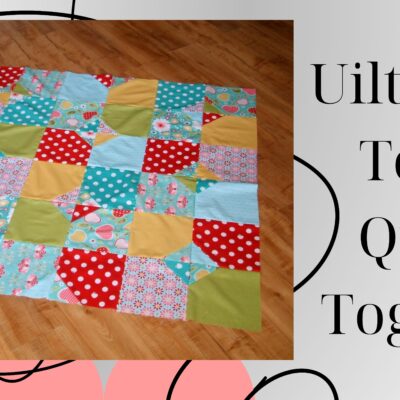How to Sew a Welt Pocket with Flap? – Complete Guide
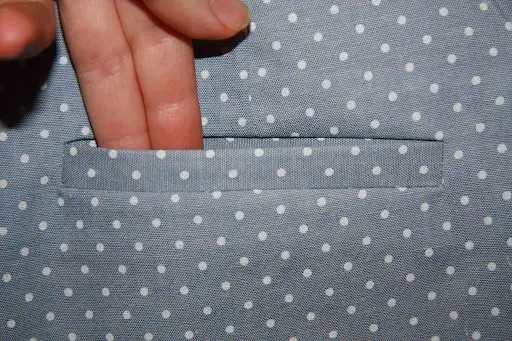
There are different types of pockets to improve your garments with, but in this article, we will talk about how to sew a welt pocket with flap and their diversities.
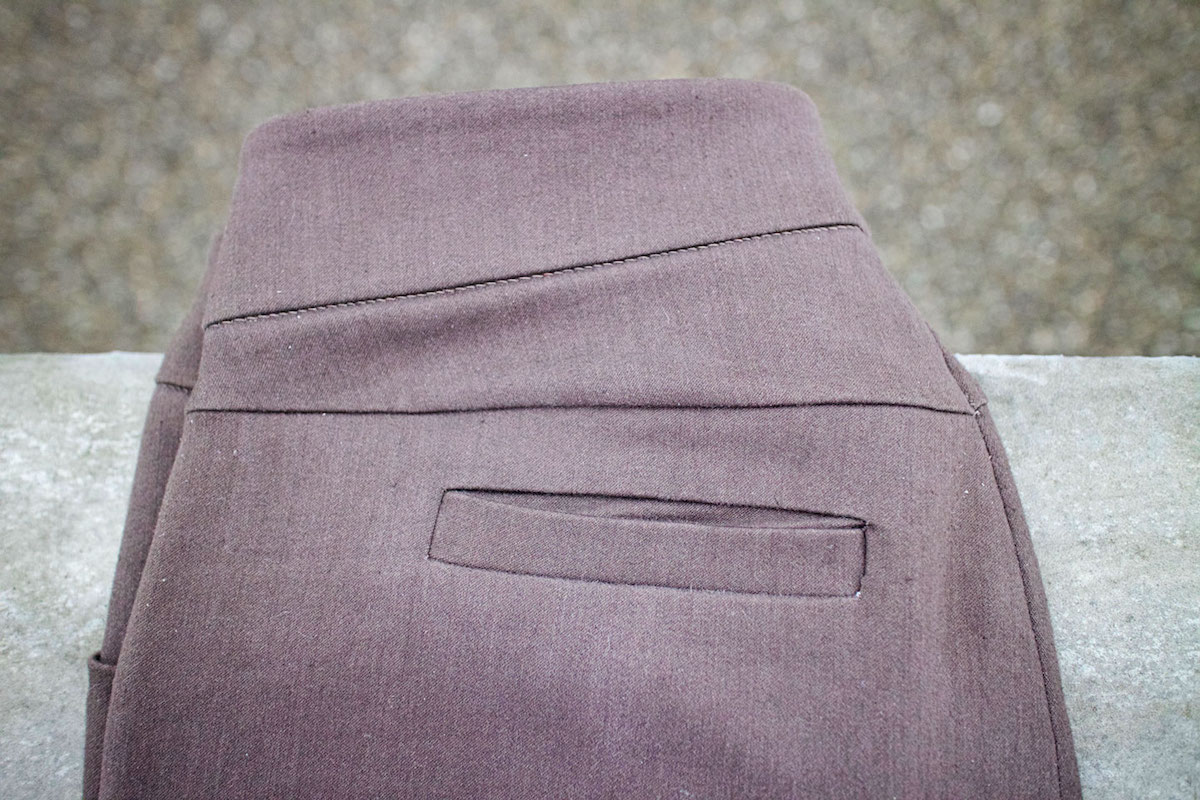
Read on to find out how to prepare for sewing welt pockets, and what tools you will need.
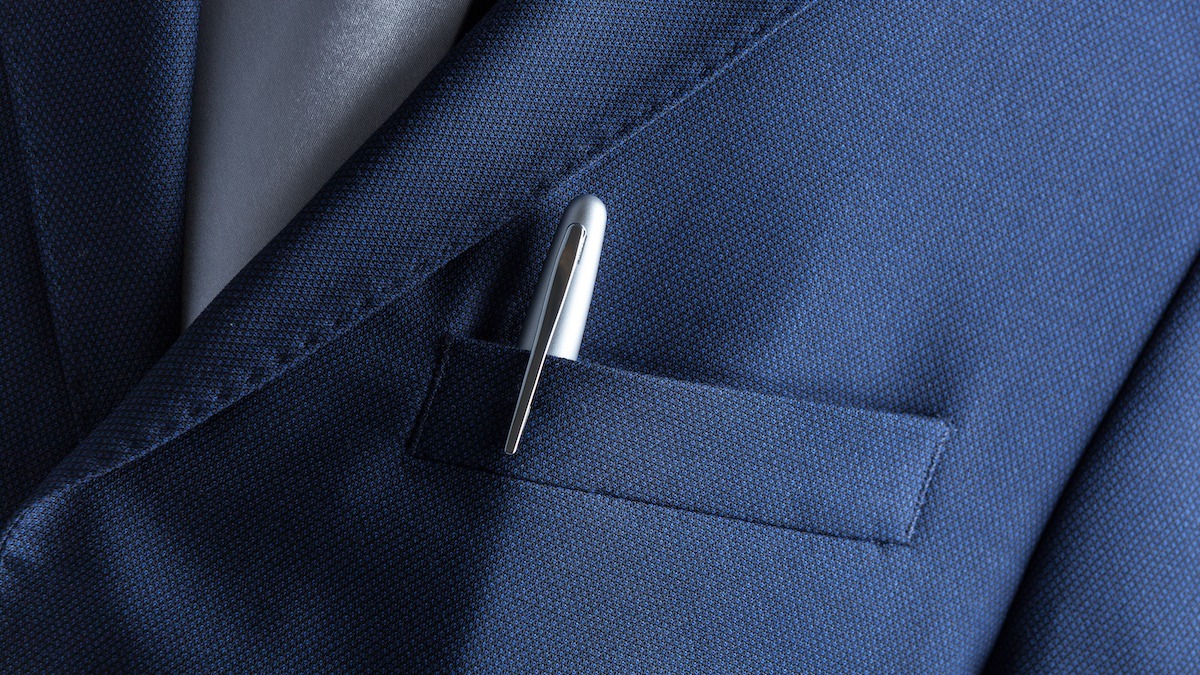
You will also find out the alternative to the basic type of pocket and how to learn to make the single-welt pocket fast.
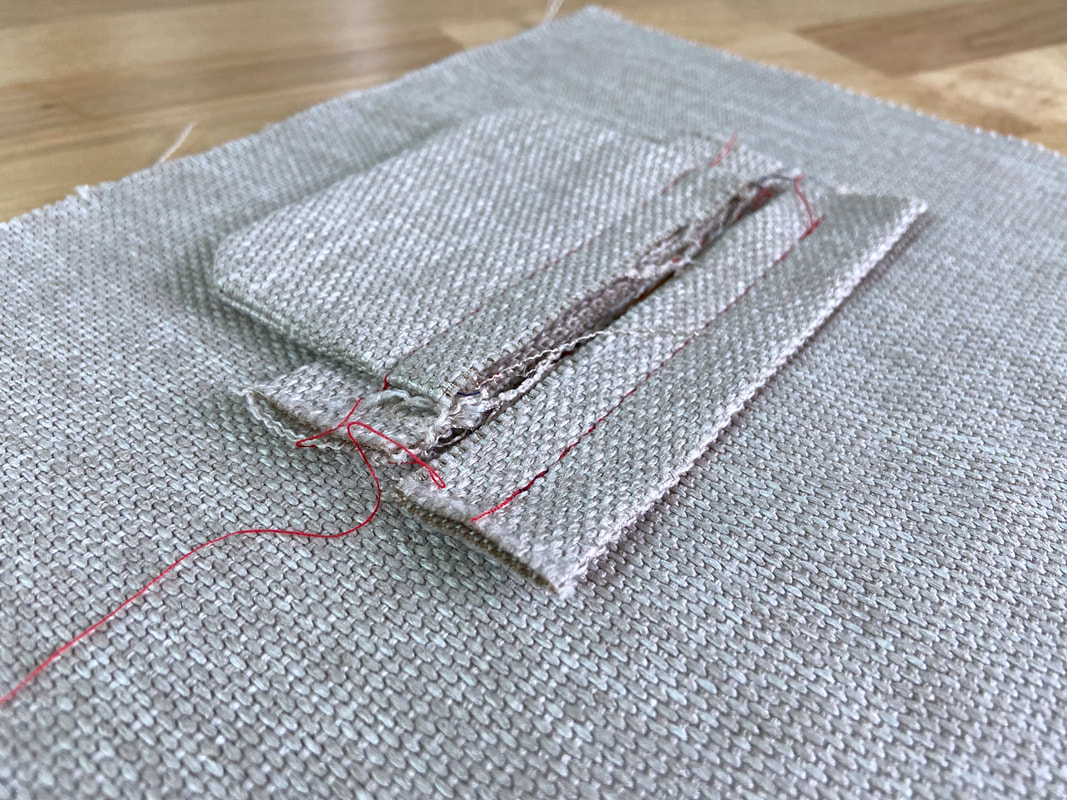
Firstly, you should understand the difference in the pockets of this type depending on the location.

If consider the traditional inset welt pocket in the United Kingdom, you will see that its welt pocket opening point upwards and go with the one welt.
The pockets that are considered jetted in the United Kingdom are called double-welt pockets in the USA.
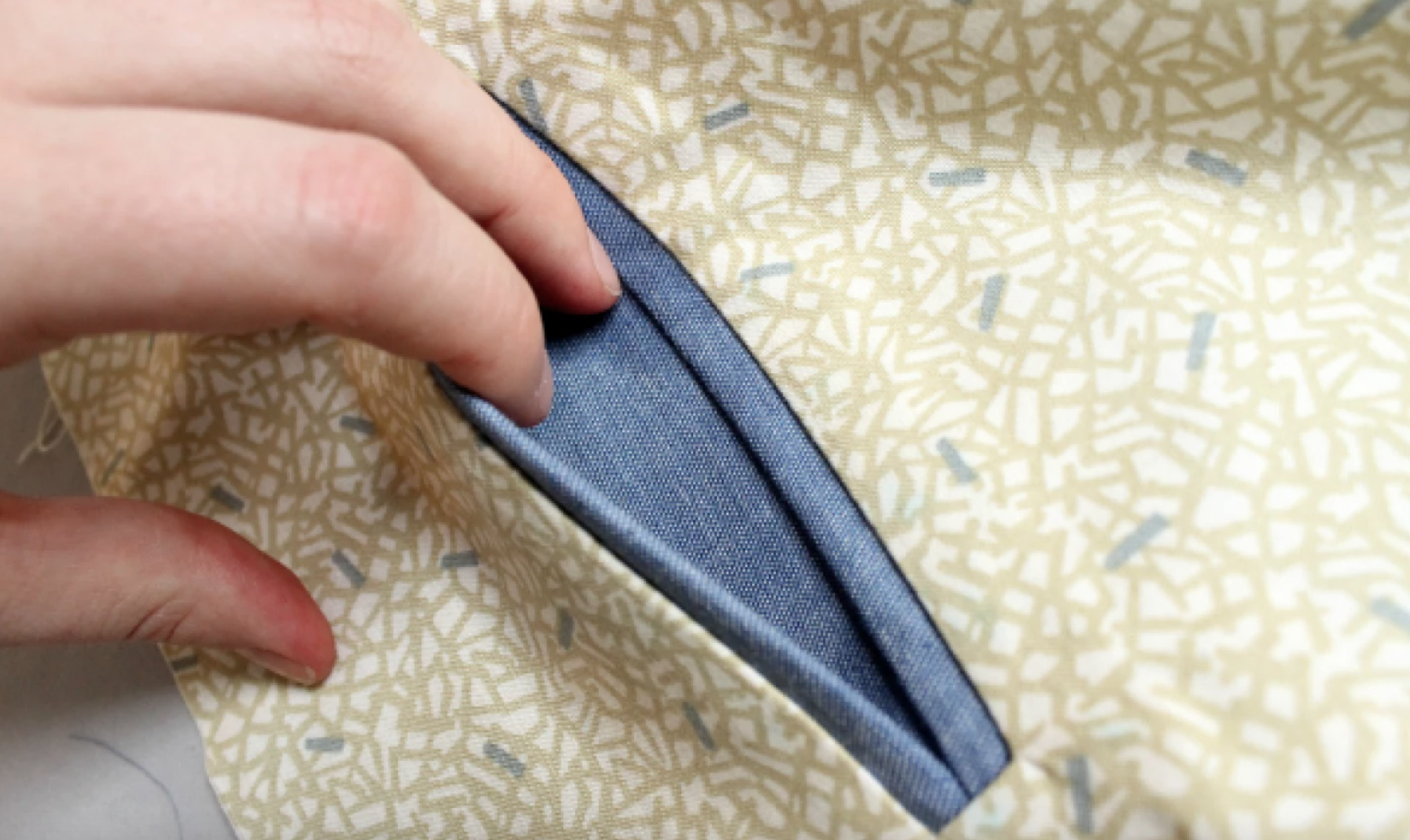
The single-welt pocket from the UK is harder to make but worth the effort. But, overall, this type of pocket is not hard to sew, especially if you have the tutorial.
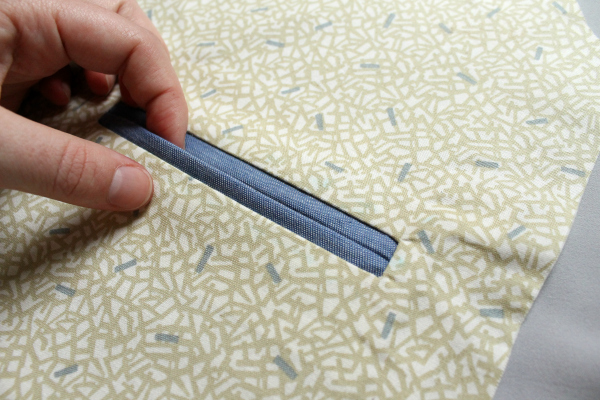
Single Welt Pocket vs Double Welt Pocket
In this welt pocket tutorial, we will mainly talk about the two types: the single welt pocket and the double welt pocket. You can also see the double welt pocket called jetted pocket.

These are two of the most popular variations you may want to master.

You can read about the process of sewing each type of pocket and decide which one you like the most jetted pocket or single welt pocket.

In general, the double welt pocket or jetted pocket is more popular than the single welt but you can learn the technology of making both pocket bags.

Both pocket welts are sewn at the right side in almost the same way, with a slight difference.
You will need to sew the welt pocket bag, with the pocket flap and seam allowances for both pockets.
The technology is similar, sewing at the wrong side, using stitch lines, and pocket bag pieces. So single-welt and double-welt pockets will be sewn in almost the same way.

Preparations for the Welt Pocket Sewing
You will need to make the other preparations except for having the sewing machine, threads, and needles ready.

Let’s what you will need to start making the welt pockets. You can practice with the pieces of the material beforehand not to make any mistakes with the original clothing.

Main Fabric
You need to prepare the part of the clothing you will work with. Think about where you want to add the welt pocket and choose the piece of material or the garments.
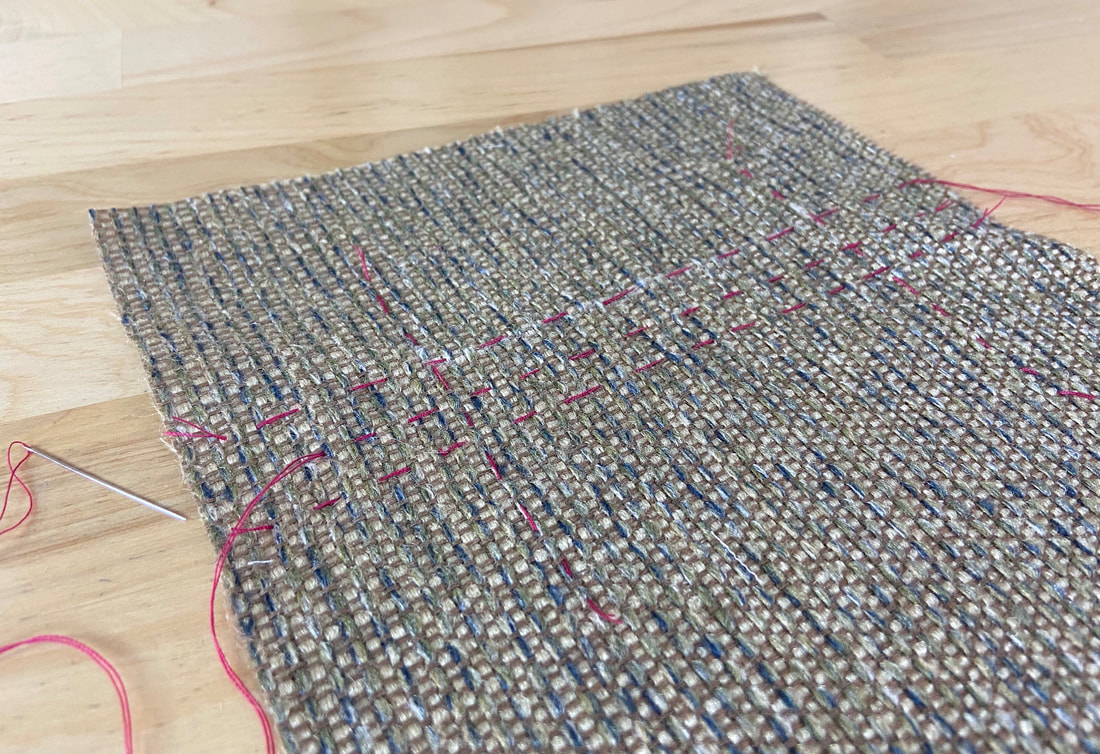
Interfacing
The interfacing is needed to enhance the pocket. You will sew the interfacing on from the inside of the pocket to make it more stable.
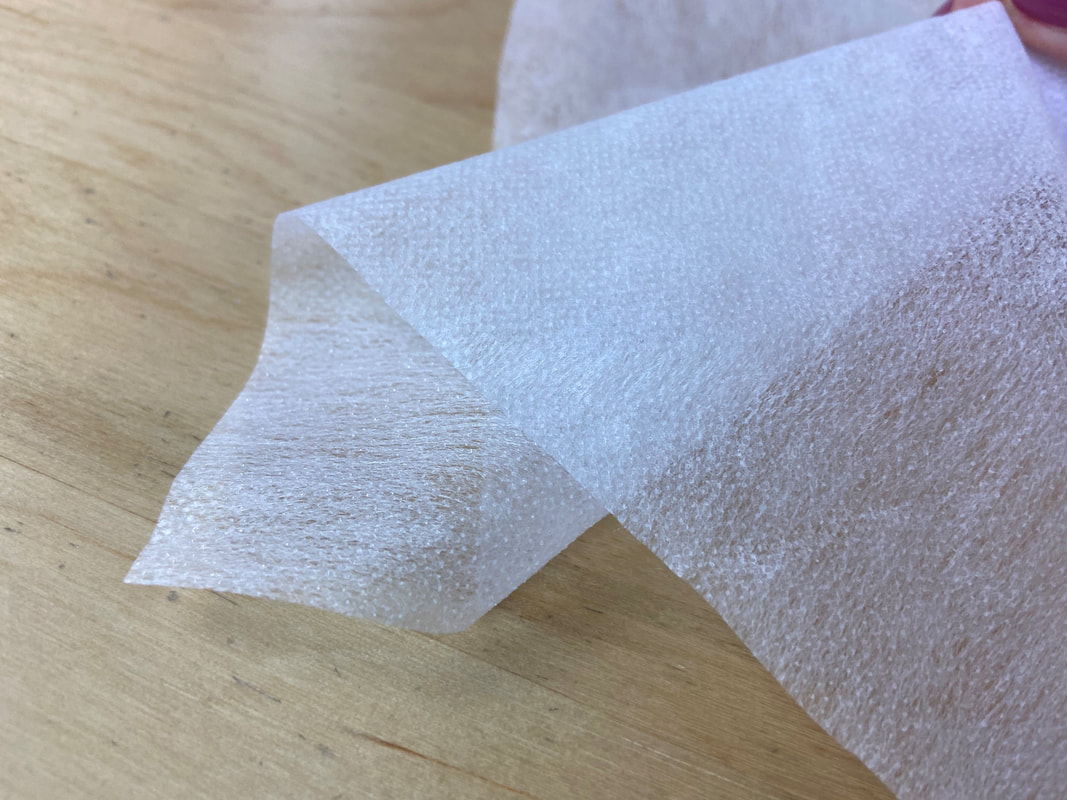
The interfacing may be needed for other projects like cuffs or collars.
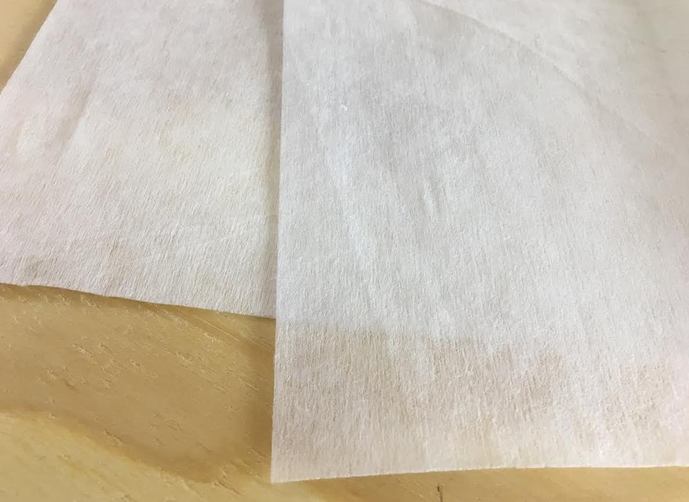
Lining Fabric
The lining fabric should be added to the inside of the pocket, as well. It helps to conceal the seam allowance and make the finish polished.
.jpg)
Welt pocket pattern
And finally, you will need to have the welt pocket pattern. It is the basis of making the welt pocket that will direct you throughout the whole process.
We will talk about how to make the welt pocket pattern later.

How to sew a welt pocket with flap Tutorial: the Single Welt Pocket
Firstly, let’s see how to sew the single welt pocket, and then proceed to the double welt pockets. Get the pieces of material we mentioned above ready and follow the next steps.
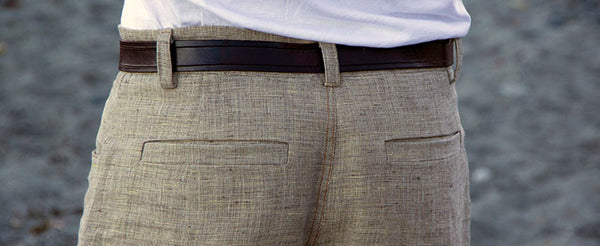
Get the Location for the Welt Pocket Opening Ready
Take tailor chalk and mark the welt pocket opening of the welt pocket at the right side of the garments or material.

Turn the fabric inside out and use the interfacing.
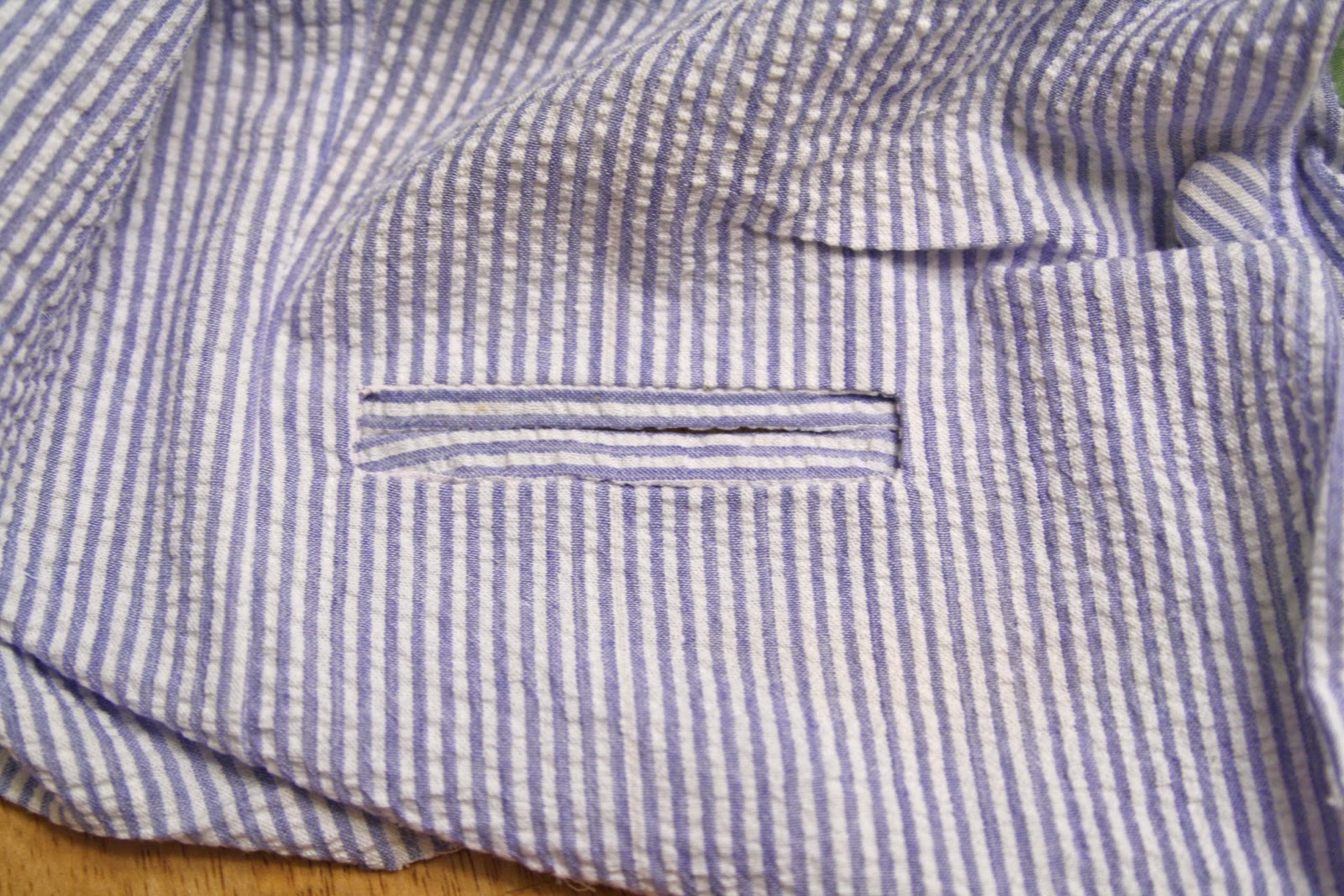
Now it’s time to thread mark the place you have enhanced with the marked dots.
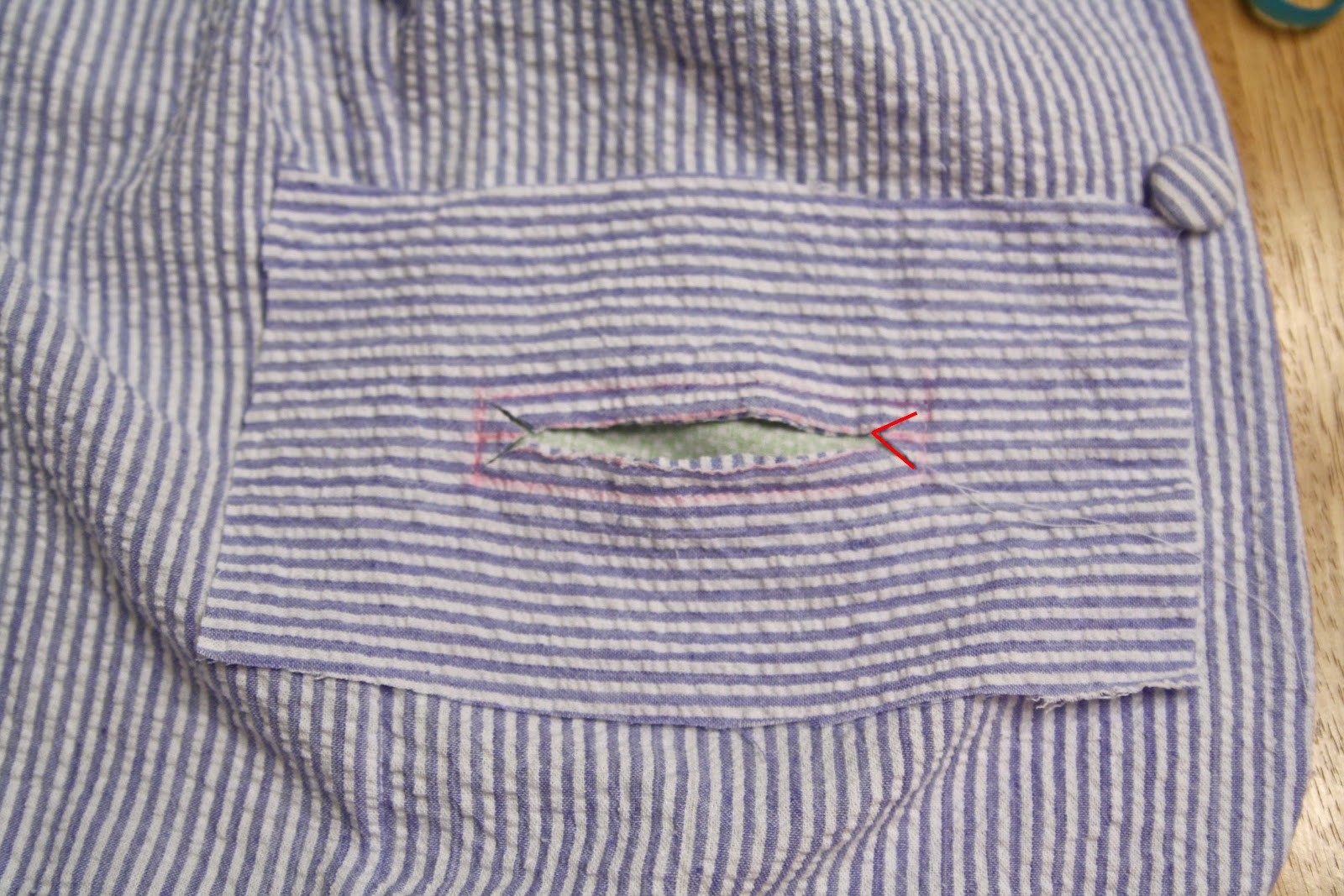
Make the Welt
Connect the interfacing and welt with the help of the iron. Fold the lengthways in half.
Connect the right sides.

Have the welt pocket piece prepared, and interface one of the halves. Don’t interface two halves if you want to avoid bulk.

Get the right sides pressed. This way you will have the perfect finish
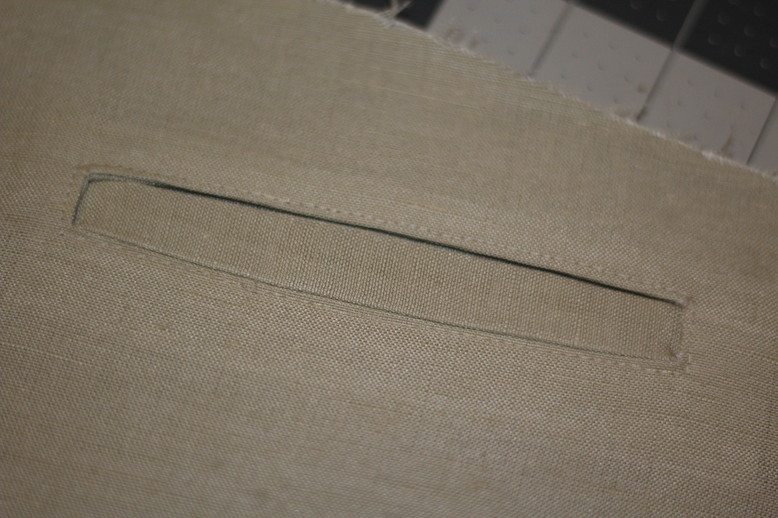
Choose the seam allowance size and sew the shorter ends of the fabric. You can choose 1, or 1,5 cm seam allowance.
The welt pocket should be pressed to make clear corners. Don’t forget to turn the fabric through when you press it.
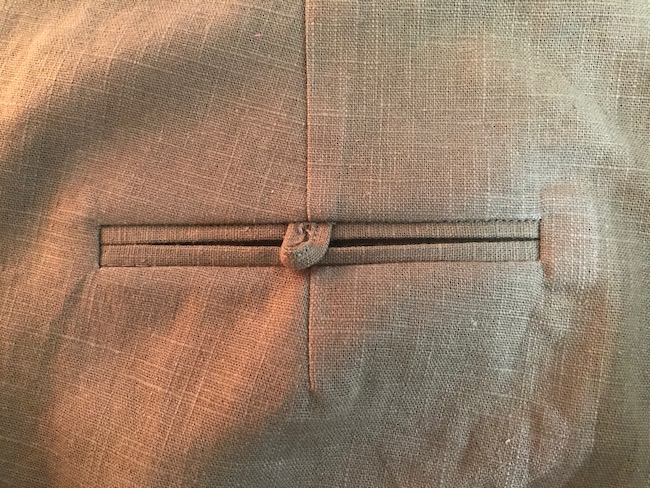
Make the high-quality stitches on the welt pocket’s shorter ends. The corners of the welt pocket should be sharp.

Press the welt pocket piece tightly.

Finally, you can topstitch the edge if you like. Your decision should depend on the type of garments you work with.

Make the Pieces of the Welt Pocket Bag
It is time to create the pocket bag pieces. You need to choose the fabric that is lighter than the main fabric you work with. The pocket bag fabric should not pull the pocket.

Then you need to finish the raw edges in some way. You can use the overlock or zigzag stitches or bind the raw edges.
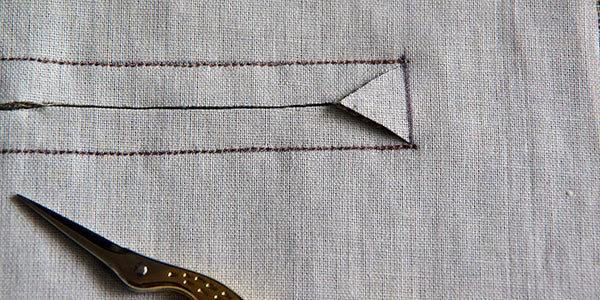
Finally, sew the stay stitches ( the most narrow ones ) on the pocket’s pieces short edges.
Get the upper pocket section secured by sewing the length of the welt with the seam allowance.

Get the Welt Attached
The welt you have already made should be leveled with the thread making you did before on the right side.

Then welt sewn with the same seam allowance should be secured to the upper top section.
Get the Back Piece of the welt Pocket Back Attached
Get the back welt pocket piece attached to the main fabric.

Take the welt piece to the right top edge side of the garments.
The pocket of the welt beg should be facing up and the upper section top.

Check whether the thread-marked pocket opening is leveled with the stay-stitched edge.
Then sew along the edge with the seam allowance you have worked with before.
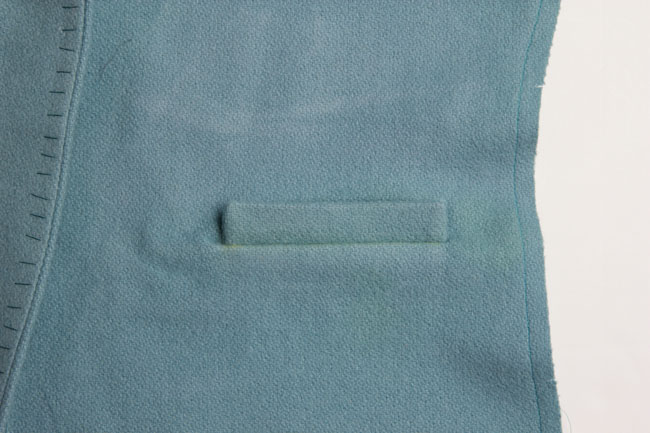
The stitches you sewed while doing the thread marking can b removed with the help of the seam ripper. It is optional.
The Pocket Bag Pieces Should be Turned Through
Many people are anxious about this step because cutting the fabric in seems dangerous. However, it is impossible to make a single welt pocket without this part.
You should better take the unnecessary piece of fabric and practice there first. This way you will know how the cutting process of the single welt pockets is going.

Mark the wrong side of the garments not going beyond the stitch lines. You can make the markets at the 1 – 1, 5 cm distance from the edges.
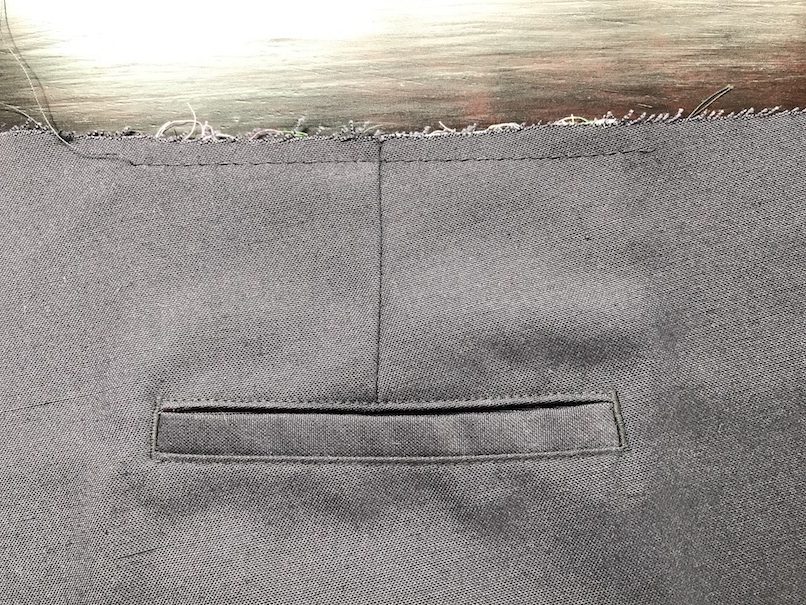
Make straight cuts between the markings, and diagonals. Avoid cutting through if you want to have neat corners.
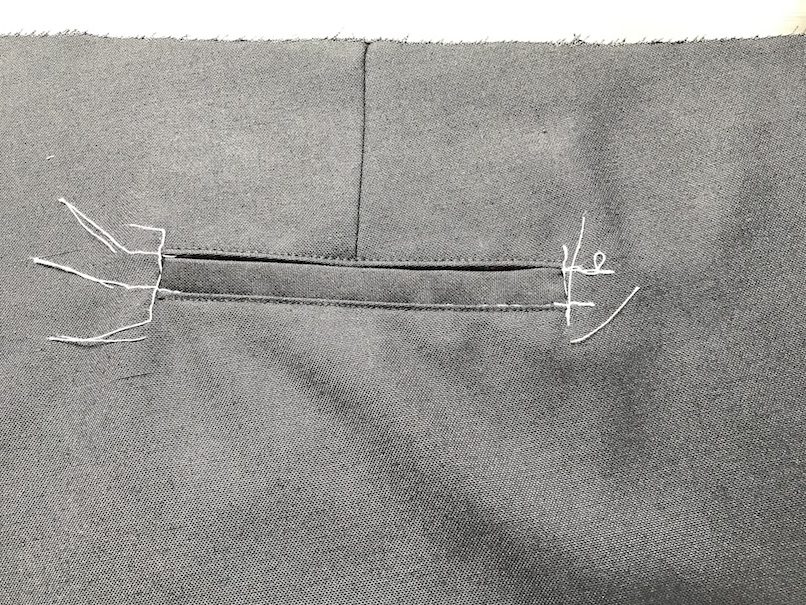
Then turn the piece of material so that it faces you and have the piece of the back pocket pushed into the hole you have just cut.
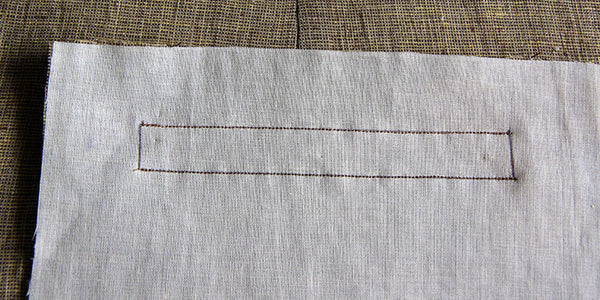
Make the reverse seam allowance neat.
Finally, press the welt pocket piece you pushed upwards to the top of the material.

Locate the Front Piece of the Welt Pocket
Here, you need to get the front pocket piece secured. Pin the front welt pocket piece after leveling the raw edge and stay stitched edge.
Now you should secure the pocket piece. Be careful with the seam allowance and keep sewing slowly.
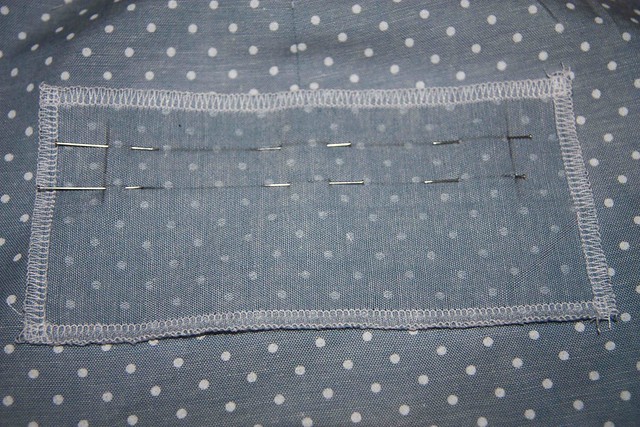
Make the Welt Pocket Bag
The welt pocket bag can be made by sewing the pocket front and pocket back together. Reveal the welt pocket’s edge by turning the fashion fabric back.

Secure the welt pocket pieces of the welt pocket by sewing along the triangle edge. Do the same thing with the opposite side of clothes.
Make the two pocket bag pieces lined up and pin them.
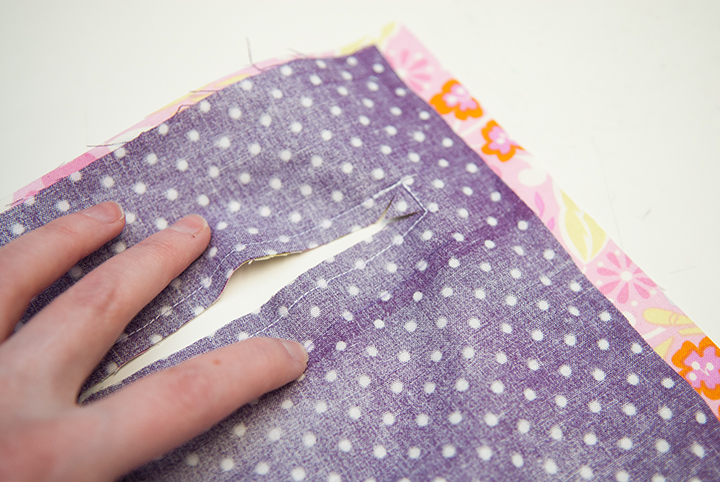
The three edges that remained from the pocket bag pieces of the welt pocket bag should be sewn around.
Finally, process the raw edges.
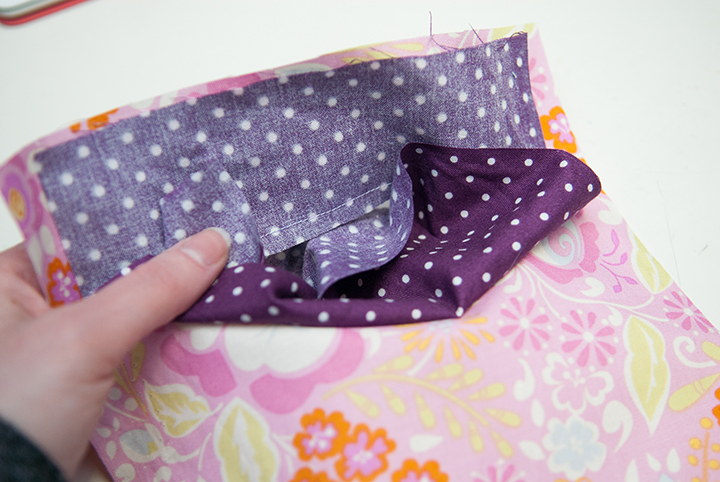
Secure the Opening of the Welt Pocket
Now we will proceed to the final step of making the welt pocket, and here you need to secure it. You can secure the welt pocket as you wish: sew the short edges by hand or topstitch them.\
Now you can enjoy the finished welt pocket.
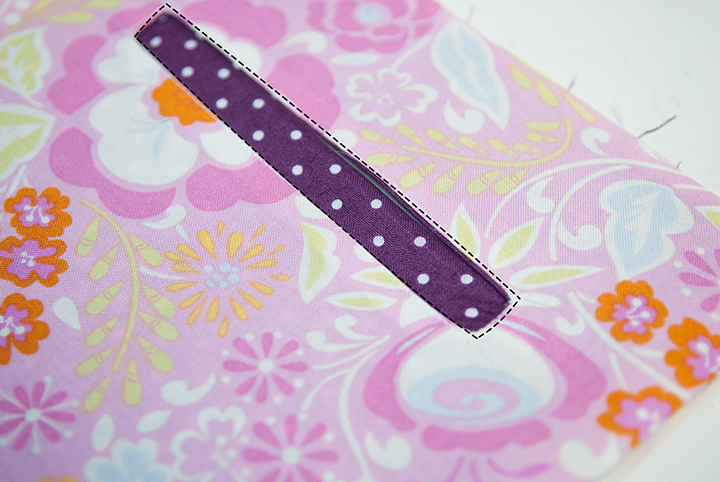
Welt Pocket Tutorial: Making Double Welt Pocket
Now let’s look at how to sew the double welt pocket. This type of pocket is one of the most popular. We will also lead you through a short guide on how to make the double-welt pocket.
Double Welt Pocket Pattern
You need to make the double welt pocket pattern before starting sewing.
Choose what final length of the welt pocket and the width of the single welt. It can be 11,12, or 13, depending on the type of clothing you work with. The width of the welt should be doubled.

Then you should make the seam allowance of about 1 cm from the outer edges. Stack to the same width for the pocket bag. You will have two of the pocket bags for two pocket welts.
The pocket bag can have a facing, however, you can sew the pocket bag from the same fabric your clothing has.
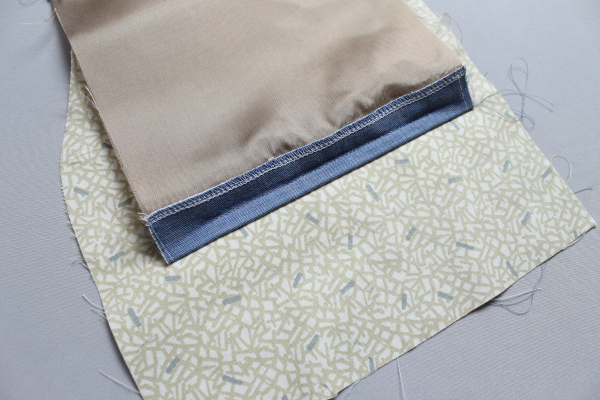
Making the Double Welt Pocket
The pocket will be located on the right side of the clothes so you need to mark this location with 2 marked dots and connect them. You can use the pins, or the tool we mention in the single-pocket welt guide.
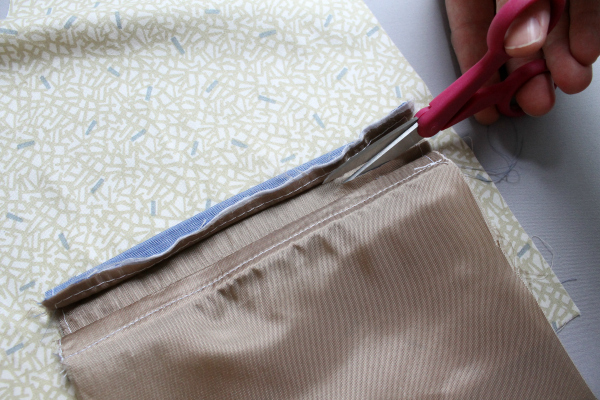
Add the Interfacing
Turn the fabric to the wrong side and fuse it with the interfacing. The welts should also be interfaced when pressed in a half.
Pin the Welt Pocket Pieces of the
Take one welt and pin it to the right side following the marking. Face the welt’s raw edge to the center. You will understand why did you make the welt and seam allowance when working at this step.
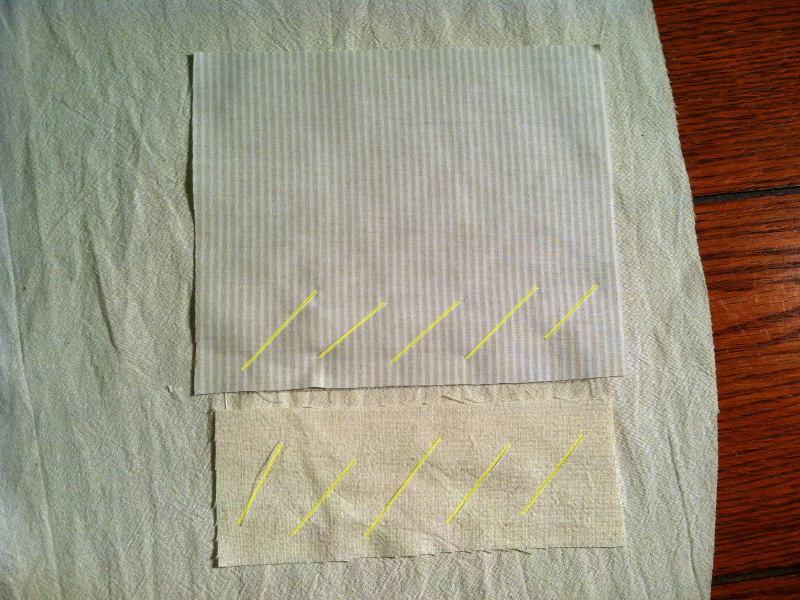
Connect the two points and get the second welt. It should be at the same level as the first welt. Face the welt’s raw edge to the center, and sew it.
Cut the Fashion Fabric between the Welts
Now it’s time to separate the two welts. Makes sure that you don’t cross the end of the stitch straight line.
Pull two welts through the opening so that they appear on the wrong side.

The little triangles at the short ends and seams should be pressed to form a rectangle of the same size.
The facing should be attached to the pocket’s upper part ( if you have a facing ). Finally, the facing and the upper part should be attached to the upper welt.

Add the Smaller Pocket Bag
Make a stitching straight line above the old stitches if it is possible, and connect a smaller pocket bag. Sew both pocket bags and press the one that is placed lower downwards.
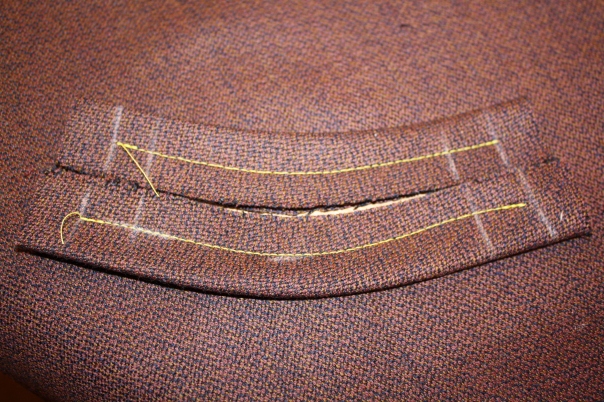
Final Step
Now it is time to finish the double welt pocket. Follow the stitching line you made by pressing the little triangles, and sew a few triangles there.
This way both welts will stay at the one level. There should not be any gaps between the two begs.
Sew the pocket bag around to get the finished welt pocket project.
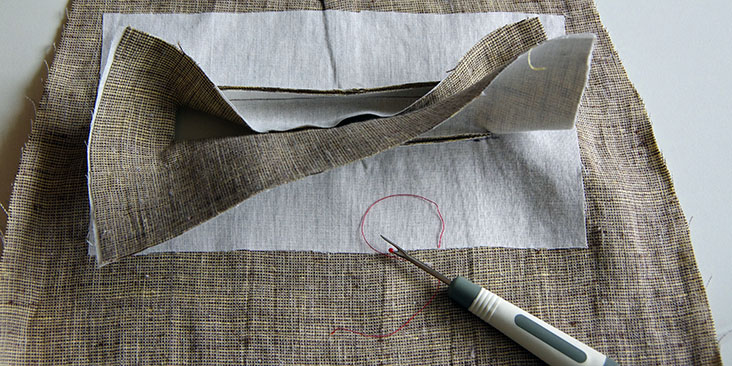
Are there Any Other Welt Pocket Variations?
You can also other types of welt pockets because the single welt and the double welt are not the only ones.
For example, single welt with a knot, curved double welt pocket, and scalloped single welt. These variations are a little bit more interesting than making the pocket piece for the single welt pocket.
These types will be suitable for people who want to sew a welt pocket piece of extraordinary shape. You can find the knot or curved welt pocket tutorial, but they will not differ much.
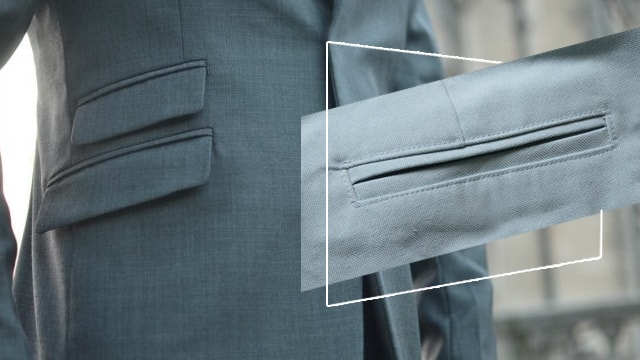
How Can I Learn to Sew Different Variations of the Welt Pocket
We all want to get the finished welt pocket without putting much effort but it is impossible. It may be a little bit difficult to learn how to sew the welt pocket with the center line, a flap, and stitching.
It will probably worry you if you are not an experienced sewist. But all people need to learn even if they have never tried to make anything.
You can also enjoy happy sewing if you practice or visit the specialized courses.

Practice
The first way to master sewing the pocket bag at the welt pocket is to practice. yes, you may have no experience in making any type of project, but it is never too late to learn. You can read various tutorials, like ours.
You can take the old pair of pants and practice making the welt pocket bag. Try to sew on the wrong side of the fabric if you do not want to spoil it.
This way you will understand what seam allowances measurements to choose and how to sew the pocket piece on correctly.
However, there is an easier way to get the finished pocket.
Visit the Sewing Classes
You can find sewing classes near you and visit them to learn to sew the pocket piece. By visiting the sewing classes you will learn from experienced sewists who have been practicing sewing different types of projects for a long time.
It is possible to choose the specific classes where you can also the teacher to learn how to sew a welt pocket piece or welt pocket with a flap.
During pocket stitching, you will need to fold and attach different pieces of the welt pocket. At the start, you will also learn how to make the welt pocket patterns.
Besides, you can start by learning the basics of stitching. How to start fashion sewing, and how to use the sewing machine. It is important to learn what stitch to choose when you work on a specific project.
The machine will be particularly helpful to work on many types of sewing projects. You will learn how to sew different types of stitches, how to finish the raw edges, and how to place the welt pocket on the right side.
Watch Videos
Watching videos that explain how to make the pocket bag and sew the pocket piece will be the best way to master the welt pocket.
Luckily, there are many educational videos on the web. Moreover, you can watch them for free and see how to fold the welt in practice.
Many professional sewists who are eager to help beginners post videos on how to make the welt pocket.
You should better combine all three ways to improve your skills. This way you will learn how to make the welt pocket in a day.
Besides, you can also look for free welt pocket patterns. They will help you create your own welt pattern. After that, you can proceed to make the welt pocket on any garment you need.
Final Words
There are two main welt pocketsvariations, single-welt, and double-welt pockets.
You can read the tutorial on any pocket you are interested in and learn to make the particular pocket with minimum effort.
Follow one of the guides, and you will get the finished pocket even if you have never made it before.
Besides, there are also other pocket variations available to you. For example curved double welt pocket, knot, and scalloped single welt.
You need to practice making the welt pocket first. It is better to take the unnecessary piece of fabric that is similar to the main fabric you are going to work with.
Prepare all the materials beforehand and proceed to the clothes you want to improve only after you managed to make the welt pocket on the draft material otherwise you may spoil your garments.
This way you will have no trouble with making the perfect welt pocket.
